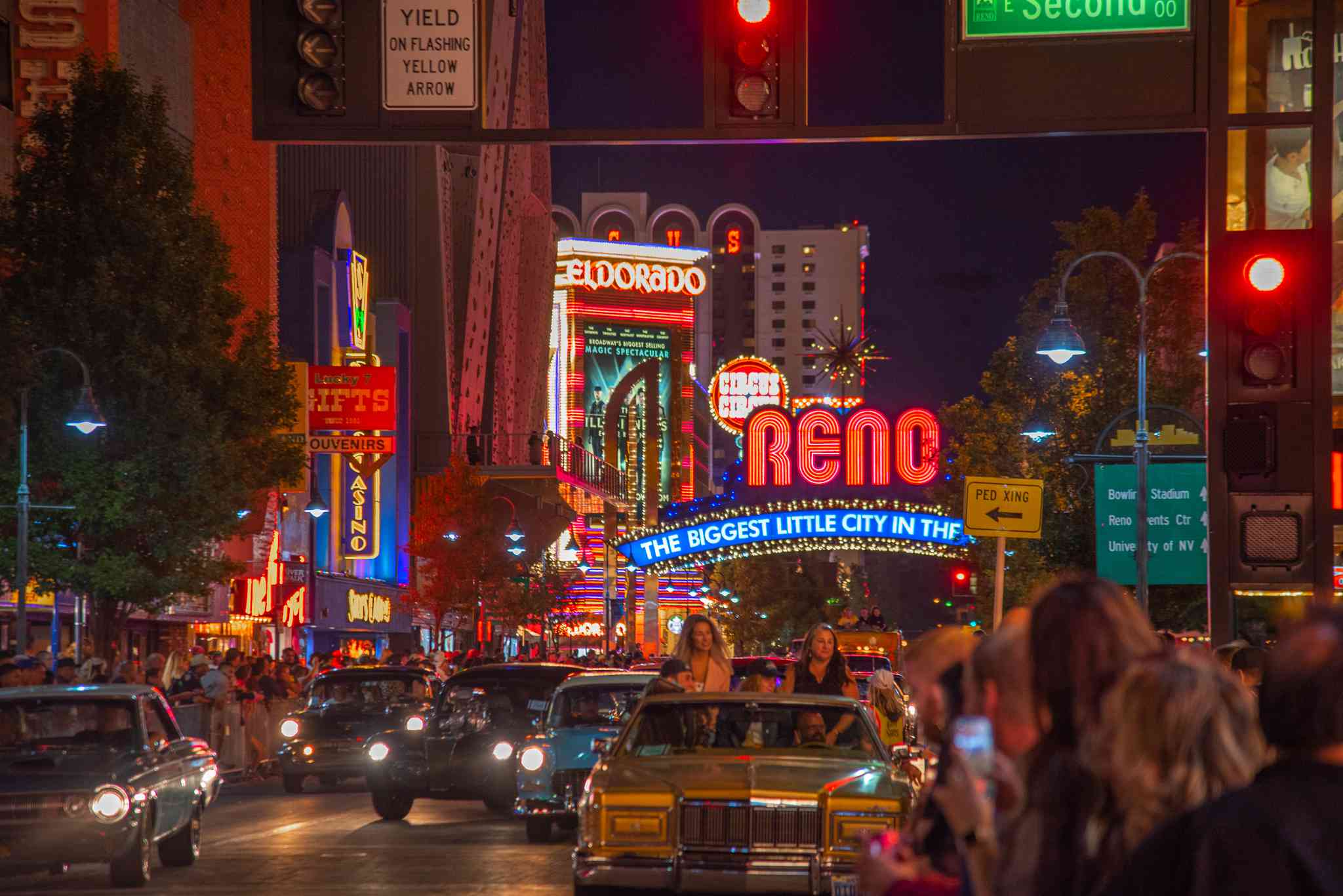



Historic charm faces sporadic property theft risks, particularly near transitional periphery zones.

Old Southwest Reno is a historic residential neighborhood located just southwest of downtown Reno, Nevada. Known for its tree-lined streets and early 20th-century architecture, the area spans approximately 1.5 square miles and has a population of around 8,000 residents. Its proximity to the urban core and the Truckee River provides a blend of suburban tranquility and access to city amenities, but it also faces distinct security and infrastructure challenges that warrant attention.
The demographic profile and housing trends in Old Southwest Reno reflect its status as an established, middle-class neighborhood with a mix of long-term residents and newcomers.
According to the U.S. Census Bureau’s American Community Survey (ACS) 5-year estimates for 2022, Old Southwest Reno (overlapping ZIP code 89509) has a population of approximately 8,000. The median age is 42.3 years, older than the Riverwalk District, indicating a more settled community. The racial composition is predominantly White (75%), with smaller Hispanic (15%) and Asian (5%) populations. The median household income is $72,000, aligning closely with the national median of $74,580, and reflecting a relatively affluent area compared to downtown Reno.¹
Housing in Old Southwest Reno features a mix of single-family homes, many built between 1920 and 1950, with a median home value of $450,000. The homeownership rate is high at 65%, with 35% renters, suggesting greater residential stability than the Riverwalk District. However, aging housing stock can present security concerns, such as outdated electrical systems or structural vulnerabilities, particularly in unrenovated properties.¹
The crime environment in Old Southwest Reno is generally safer than downtown areas, though certain risks persist due to its proximity to urban centers.
Data from the Reno Police Department’s 2022 crime reports show Old Southwest Reno with 40 reported violent crimes and 300 reported property crimes. With a population of 8,000, this equates to a violent crime rate of 5 per 1,000 residents and a property crime rate of 37.5 per 1,000 residents. These figures are lower than the Riverwalk District but still exceed national averages of 4 per 1,000 for violent crime and 19 per 1,000 for property crime, per the FBI’s 2022 Uniform Crime Reporting (UCR) Program.²
Property crimes, such as burglary and vehicle theft, are the primary concerns, often linked to the area’s accessibility from major roads like South Virginia Street. The neighborhood’s quiet streets and valuable homes can attract opportunistic criminals, particularly during late-night hours or when residents are away. While violent crime is less frequent, incidents tend to cluster near commercial strips bordering the district.²
Infrastructure in Old Southwest Reno supports a suburban lifestyle but includes aging systems that pose periodic challenges to security and reliability.
The neighborhood relies on a network of residential streets feeding into larger arterials like Plumas Street and California Avenue. Traffic is generally light, but narrow roads and limited parking can complicate emergency vehicle access. The Regional Transportation Commission provides bus routes along the periphery, though service frequency diminishes in residential zones, potentially delaying response times during incidents.³⁴
Utilities are managed by the City of Reno and NV Energy, with occasional disruptions tied to aging infrastructure. Power outages occurred 12 times in 2022, averaging 2 hours each, per NV Energy reports, often due to storms or overloaded grids. Water and sewer systems, some dating back decades, require ongoing upgrades to mitigate risks like pipe bursts, which could disrupt security systems or emergency preparedness.⁵
Employment and lifestyle in Old Southwest Reno cater to a residential community with easy access to downtown job markets and local amenities.
Residents often commute to downtown Reno or nearby commercial hubs, with Washoe County’s unemployment rate at 4.2% in 2022, per the Nevada Department of Employment, Training, and Rehabilitation. Common occupations include education, healthcare, and professional services, supported by proximity to employers like the University of Nevada, Reno, and Renown Regional Medical Center.⁶
The area offers a quieter lifestyle than the Riverwalk District, with parks, local cafes, and community events shaping daily life. However, its appeal to families and retirees can lead to lower evening activity, potentially reducing natural surveillance and increasing vulnerability to property crimes during off-hours.⁶
Community amenities enhance livability in Old Southwest Reno, but natural and structural risks require ongoing attention.
Notable amenities include Idlewild Park, a 49-acre green space along the Truckee River, offering recreational facilities, and the historic homes that define the neighborhood’s character. Local schools, such as Hunter Lake Elementary, also serve as community hubs. These features bolster resident satisfaction and property values.⁷
Flooding along the Truckee River remains a key vulnerability, with low-lying areas at risk during heavy rainfall or snowmelt. Washoe County Emergency Management reports that mitigation efforts, like levee maintenance, are in place, but flood insurance is recommended. Additionally, the neighborhood’s aging tree canopy, while scenic, poses risks of falling branches during storms, potentially disrupting power lines or blocking roads.⁸
Sources: